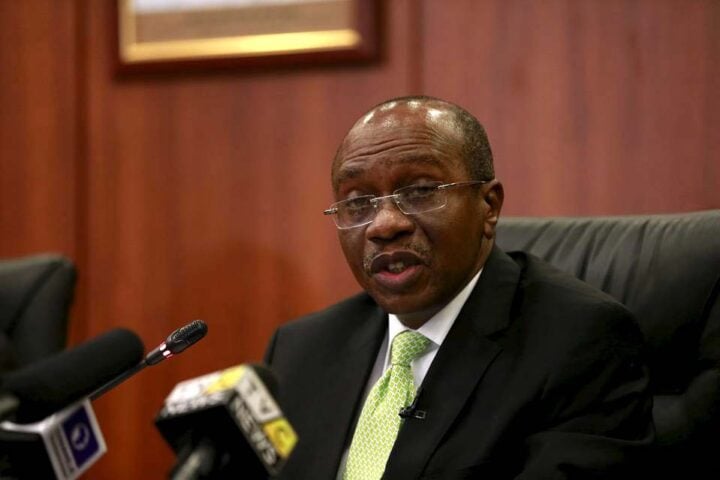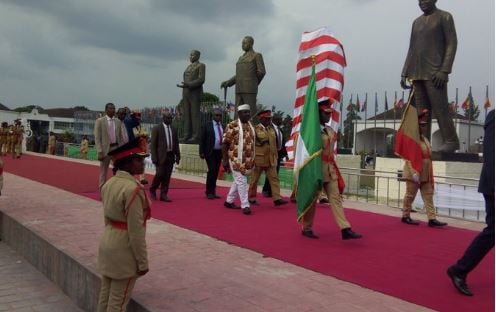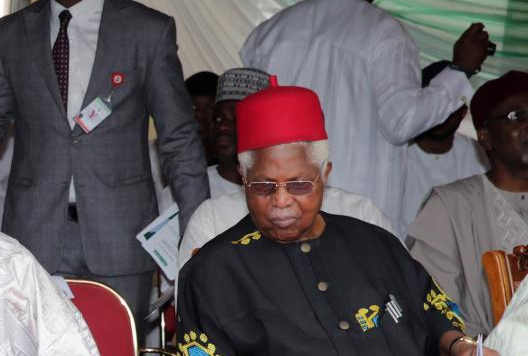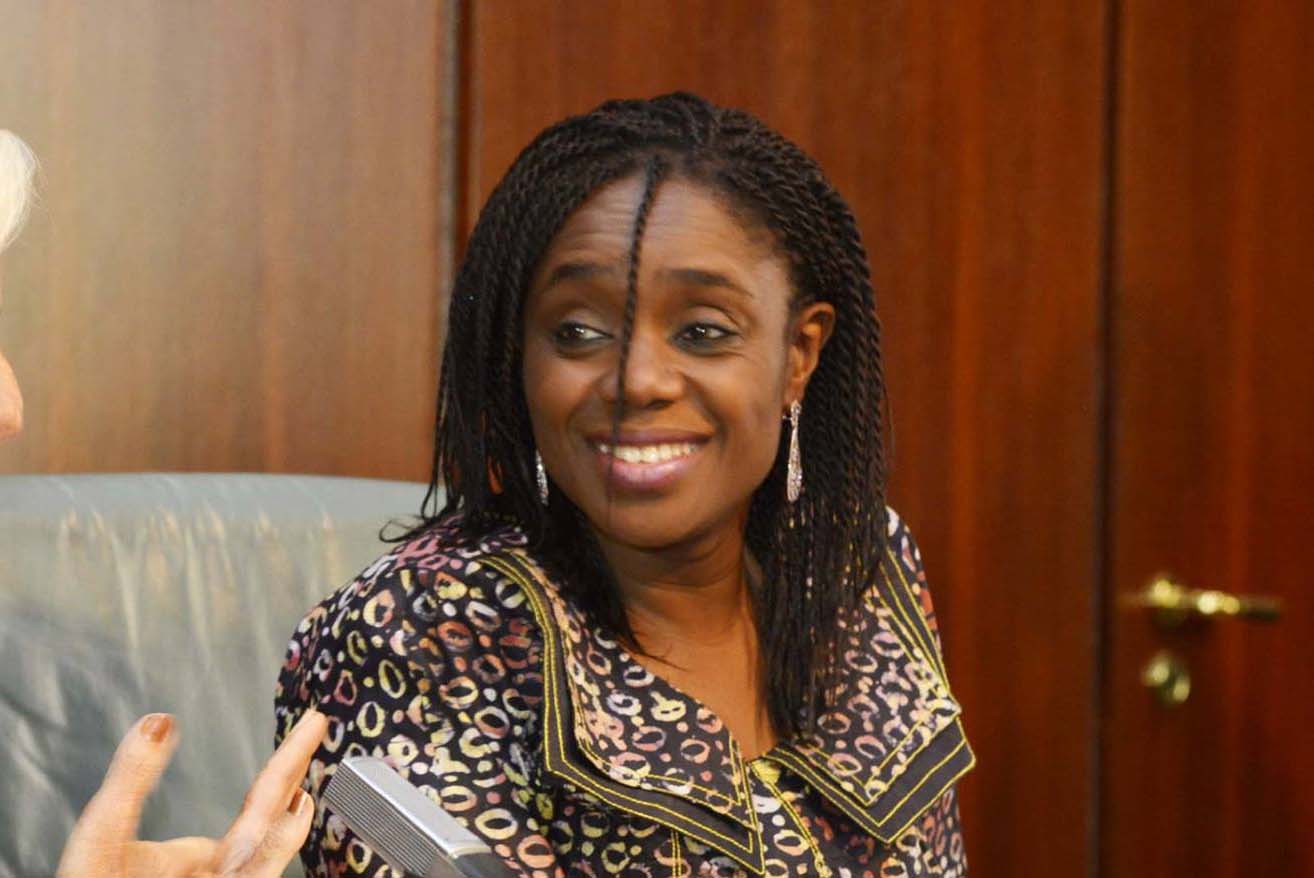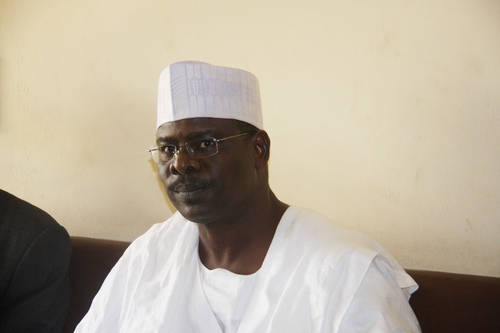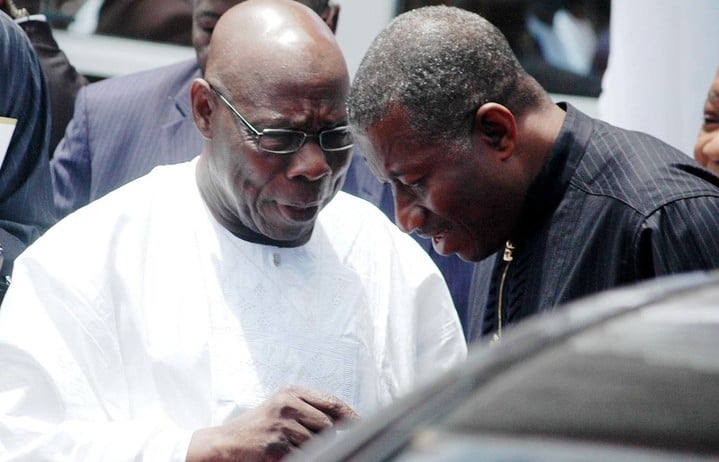Godwin Emefiele, governor of the Central Bank of Nigeria, says the monetary policy committee may lower interest rate in 2018 if the pace of disinflation becomes adequate.
Emefiele made this known on Friday while speaking on the theme ‘Policy Options for Sustaining Nigeria’s Economic Upturn’ at the 2017 annual bankers’ dinner organised by the Chartered Institute of Bankers of Nigeria (CIBN).
However, he did not indicate how low the interest rate could drop in 2018.
In July 2016 when inflation rate was on the rise, the CBN monetary policy committee raised the interest rate to 14% from 12%.
Advertisement
“If the pace of disinflation becomes adequate and we see inflation at predicted levels, I am very optimistic that monetary policy committee (MPC) may begin to see strong justification for an easing of monetary policy, which may further accelerate the recovery process.”
The economy had recorded eight consecutive months of disinflation in 2017, seeing inflation rate decline to 15.98% in October from 18.72% in January.
“In addition, we have seen stability in the rate for over six months now. I am glad to note that the exchange rate is not only stable, it is also converging across various windows and segments of the market,” he said, adding that the naira appreciated to N360/$1 from over N500/$1.
Advertisement
The apex bank boss also said the investors and exporters forex window has recorded $10 billion in autonomous inflows since it was established, describing it as an effect of increased transparency which the window gave the forex market and improved investors’ confidence.
“The accretion in reserves does not only reflect increased inflow but also our shrewd forex demand management strategy. When we introduced a policy restricting 41 items from our forex markets, we were called all manners of names,” he said.
“Today, ladies and gentlemen, among the benefit of that policy is the considerable decline in our import bills. From an average of about $5.5 billion, our monthly import bill has fallen consistently to $2.1 billion in 2016 and $1.9 billion by half year 2017.
“Due to the dogged implementation of our forex restrictions on certain items, the CBN recorded spectacular improvements in domestic production of most of these items. Local manufacturers are reporting 20 major boosts to their revenue and profit due to the policy.”
Advertisement
He said the CBN will continue to sustain the pace of economic recovery saying the nation has not attained self-sufficiency despite the drop in import bill.
“Over the last 12 months Nigeria’s forex reserves grew by over $10 billion from just over $23 billion in October 2016 to over $33 billion in October 2017. It is my belief that if we remain resolute with our efforts, policies and actions we can attain a forex reserve position of about $40 billion by end 2018.”
Add a comment

